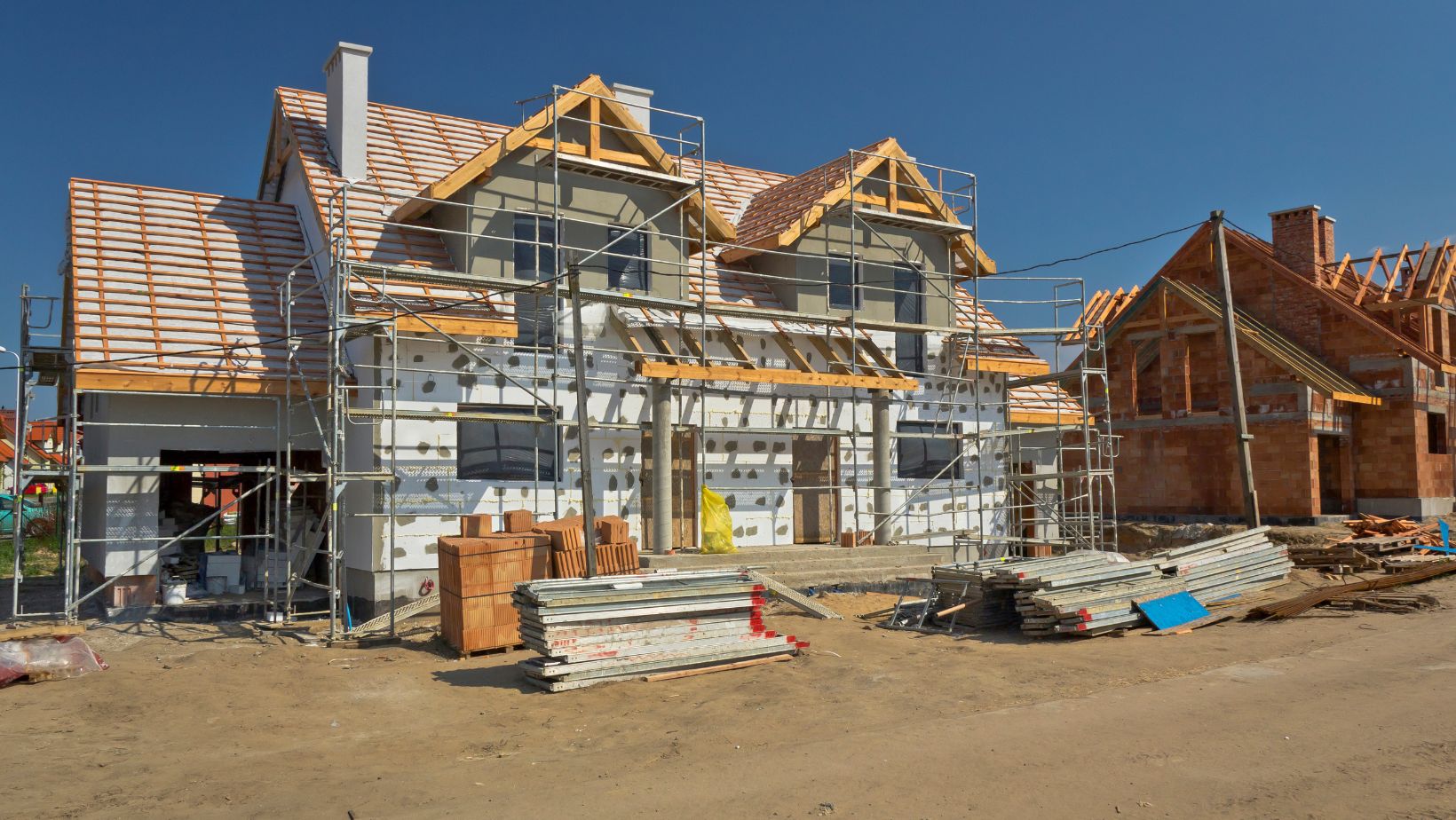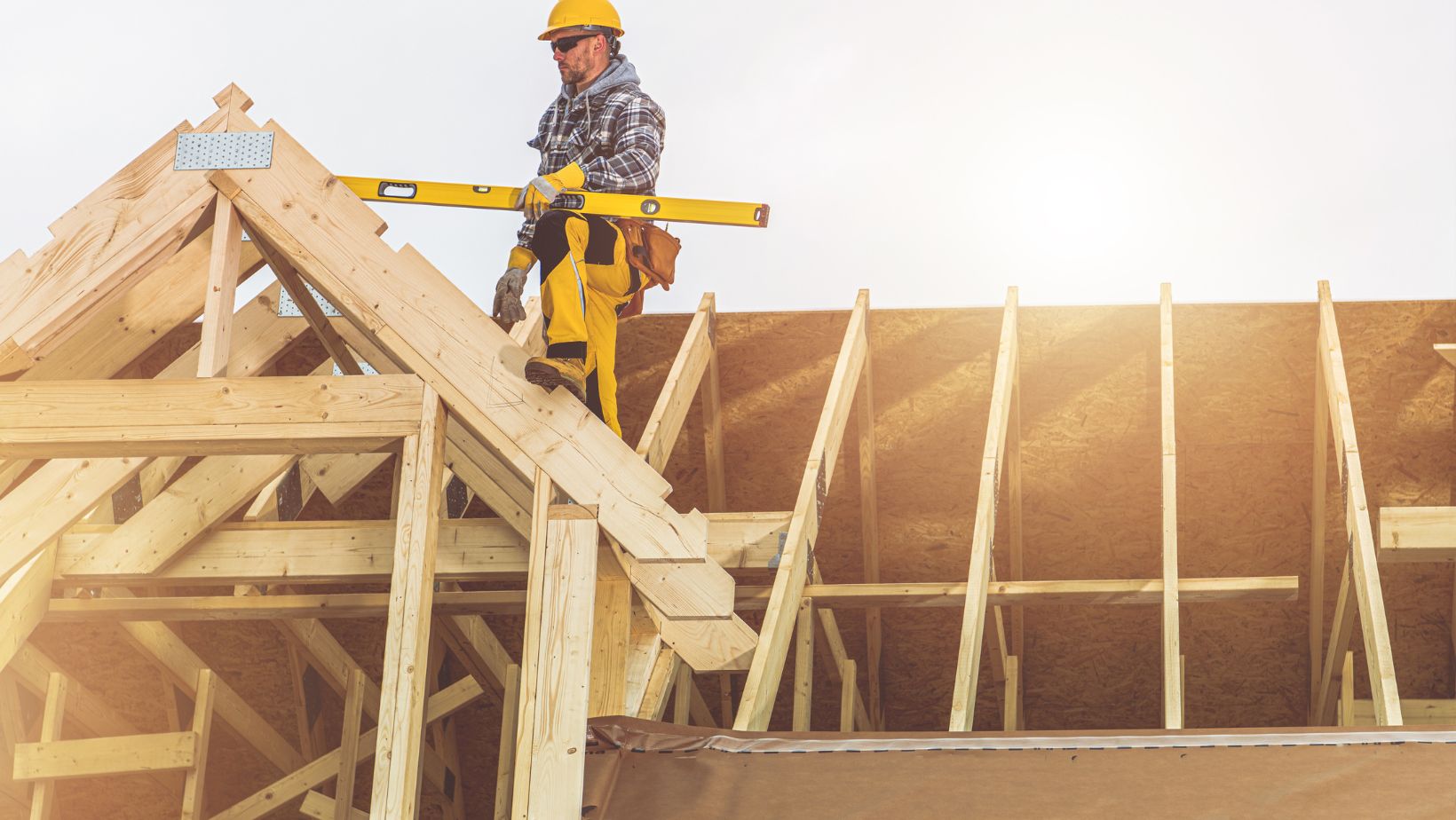
Your dream home turned into a disappointment. Maybe the plumbing started leaking within months, or your foundation began to crack before you even unpacked. You’ve reached out to the builder, only to be ignored or brushed off with hollow reassurances. When repairs are delayed and promises are broken, it’s easy to assume the next step is court. But if you’re in Texas, the law requires a few critical steps before you can sue.
This isn’t red tape for the sake of it. The Texas Residential Construction Liability Act (RCLA) creates a structured process that protects your legal rights while giving builders a chance to resolve issues. It’s not always fair, and it’s certainly not fast, but it could be the key to recovering the cost of your repairs—if you follow it correctly. If your builder is dodging responsibility, a trusted Houston construction defect lawyer can help you use the RCLA to demand answers and action.
Why the RCLA Exists—and Why It Matters Now
The RCLA was created to prevent every dispute from turning into a lawsuit. It requires homeowners and builders to engage in a pre-suit process where defects are documented, responses are required, and an opportunity to resolve the issue is provided before legal action begins. In theory, it saves time and money. In practice, it can be your best shot at forcing the builder to take your claim seriously.
Too many homeowners make the mistake of skipping this process or assuming that their verbal complaints are enough. But without a properly delivered RCLA notice, your lawsuit could be dismissed outright, even if the defect is obvious and serious. Understanding this law isn’t optional—it’s essential.
The Power of the 60-Day Written Notice
The RCLA process begins with a written notice sent to the builder. This letter must clearly identify the defects you’re experiencing, how they affect your home, and any damage already incurred. It’s not just a formality—it’s your first piece of leverage.
Send it by certified mail with return receipt requested. This creates a paper trail and sets the legal clock ticking. From that moment, the builder has a limited window to act. If they miss it, you gain a stronger position. But if you miss this step, your rights may be lost before the battle even starts.
Inspection Doesn’t Equal Resolution
After receiving your notice, the builder has 35 days to request an inspection. They may bring engineers, subcontractors, or adjusters to evaluate the claim. Many homeowners assume this means the repair process has started—but that’s not always the case.
Inspections can lead to silence, low-ball offers, or partial fixes that don’t solve the core issue. The law requires the builder to make a good-faith offer to repair or compensate you within 45 days after the notice. If they fail to act or offer less than what’s reasonable, you have the right to escalate.
What Happens If You Reject the Builder’s Offer?
You are not required to accept a bad deal. If the builder’s offer doesn’t cover the cost of a proper repair or ignores certain damages, you can decline it. But Texas law considers whether you refused a reasonable offer when calculating future damages. Walking away without legal advice can cost you later.
Before rejecting an offer, consult with an attorney who can evaluate whether it meets legal standards. If the offer is truly inadequate, you can proceed with your claim, and the builder may face greater exposure for not addressing the defect in good faith.
Damages You Can—and Can’t—Claim Under the RCLA
One limitation of the RCLA is that it restricts what you can recover. You’re generally entitled to the cost of repairs, any resulting property damage, and loss in value. But claims for mental anguish, pain and suffering, or punitive damages are rarely permitted unless the builder’s conduct was egregious.
This makes documentation crucial. Repair estimates, expert reports, photos of damage, and records of expenses all help quantify your losses. A strong damages file can increase your negotiating power and protect you if the case proceeds to court or arbitration.
Arbitration Agreements: The Hidden Trap in Your Contract
Many builders include mandatory arbitration clauses in their contracts. These clauses mean that if you want to pursue a claim, you can’t go to court—you have to submit to private arbitration. While arbitration may be faster, it can limit your right to appeal or gather extensive evidence.
The RCLA still applies before arbitration begins. But once the process moves forward, you’ll need to be fully prepared with your case and all supporting evidence. That’s why it’s important to understand your contract terms before launching into the notice phase. Arbitration favors those who are legally and strategically prepared.
When Builders Stonewall or Refuse to Cooperate
Some builders simply ignore RCLA notices. Others stall until deadlines pass. If your builder doesn’t request an inspection or fails to make a timely offer, they forfeit the protections offered by the RCLA. That can open the door to a lawsuit with broader remedies.

Don’t Let the Clock Run Out on Your Claim
Like most legal claims, RCLA-based actions are subject to strict deadlines. In general, you must file suit within four years of discovering the defect. For structural issues, the statute of repose is ten years from completion. These timelines are unforgiving.
If you wait too long, hoping the builder will eventually do the right thing, you may lose your legal right to recover altogether. Acting early isn’t just smart—it’s often necessary. Once the clock runs out, the damage to your home may still be there, but your right to compensation won’t be.
